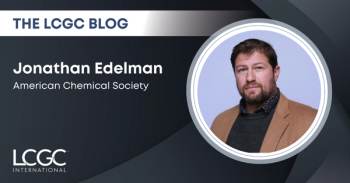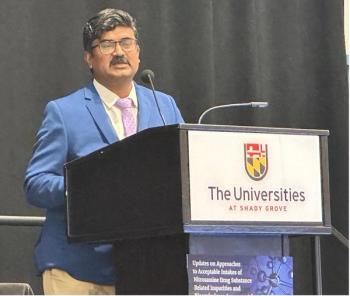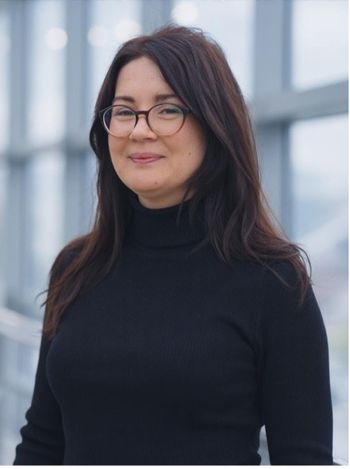
Extracting Benzodiazepines Using MOF-Based System
Hangzhou Dianzi University scientists recently tested a new metal–organic framework (MOF)-based system for extracting benzodiazepines (BZPs) from urine.
Scientists from Hangzhou Dianzi University and the Zhejiang Provincial Department of Public Security, both in Hangzhou, China, recently tested a metal–organic framework (MOF)-based system for extracting benzodiazepines (BZPs) from urine. Their findings were published in the Journal of Chromatography A (1).
Benzodiazepines (BZPs) are psychiatric drugs typically used to treat panic, anxiety, and sleep disorders. A type of depressant, BZPs are depressants that produce sedation and hypnosis, relieve anxiety and muscle spasms, and reduce seizures (2). The most common BZPs include Valium, Xanax, and Klonopin, among others. While these substances have their uses, prolonged BZP use can lead to constipation, memory impairment, and other side effects; additionally, their wide availability and abuse can typically result in dependence and addiction while increasing crime rates. As such, a sensitive method for monitoring BZPs in biological samples must be developed, especially for criminal and clinical examinations.
Metal–organic frameworks (MOFs) are crystalline compounds made up of metal ions or clusters coordinated to often rigid organic molecules to form one-, two-, or three-dimensional structures that can be porous (3). They have also been viewed as promising sample pretreatment materials; however, powdered MOF performance improvement is often hindered by their aggregation and difficult recovery. To rectify this, the scientists used a biodegradable lightweight spherical aerogel for support in in situ growth of copper-based MOFs. Iron (III) oxide (Fe3O4) nanoparticles were also incorporated to achieve magnetic properties. This also led to hybrid aerogel spheres containing MOF-199 supported on magnetic oxidized cellulose nanofiber/carboxymethyl chitosan (MOF-199@mag-CNF/CMC) being fabricated.
In this study, the effects of Fe3O4 loading amount and organic-ligand concentration on the properties (spherical geometry and mechanical strength) of hybrid aerogel spheres were studied. Further, their potential application in BZP extraction from urine samples prior to liquid chromatography–mass spectrometry (LC–MS) was also evaluated. The highly dispersed MOF-199 crystals on spherical aerogel managed to almost completely overcome the bare aerogel spheres’ inherent structural shrinkage. Due to their highly specific surface area, high porosity, having oxygen groups present, and moderate polarity, MOF-199 effectively interacted with BZPs. The MOF crystals also improved the extraction ability of aerogel spheres for BZPs. As such, the MOF-199@mag-CNF/CMC aerogel spheres were deemed robust and capable of withstanding repeated use for at least eight consecutive extraction cycles.
Additionally, parameters influencing extraction and desorption were also comprehensively investigated. Under optimal conditions, this method provided a wide linear range of 0.1–10 µg/L (R2 > 0.995) and good precision (2.8–6.7% for intra-day; 1.9–7.8 % for inter-day). The limits of detection and quantification ranged from 0.02 to 0.11 µg/L and from 0.06 to 0.33 µg/L, respectively. When spiked with three concentrations of BZPs, the urine sample recoveries ranged from 73.9–114.1%. This proposed method, based on the scientists’ findings, proved simple, sensitive, and eco-friendly, allowing them to be used for future BZP determination from urine for clinical and forensic examinations.
References
(1) Zhang, S.; Liu, H.; Fu, D.; Zhao, H.; Zhang, D.; Lü, T. Spherical Cellulose/Chitosan Aerogel–Supported MOF-199 for the Magnetic Solid-Phase Extraction of Benzodiazepines from Urine. J. Chromatogr. A 2024, 1735, 465347. DOI:
(2) U.S. DEA. Benzodiazepines. U.S. Department of Justice 2024.
Newsletter
Join the global community of analytical scientists who trust LCGC for insights on the latest techniques, trends, and expert solutions in chromatography.




